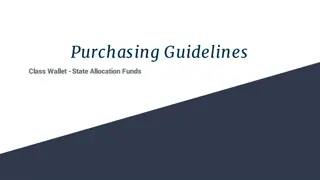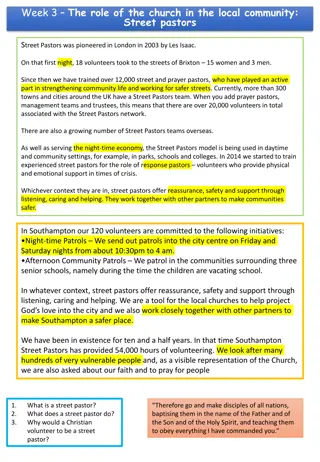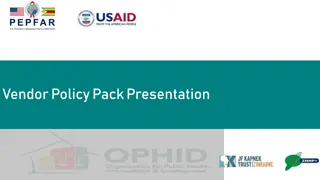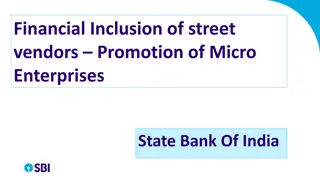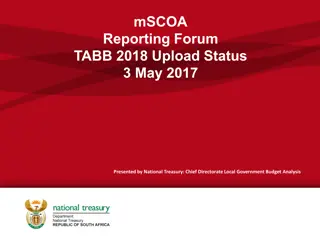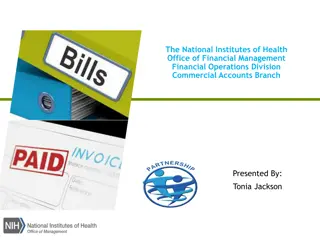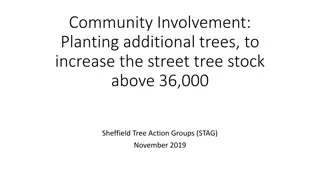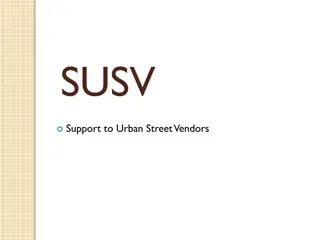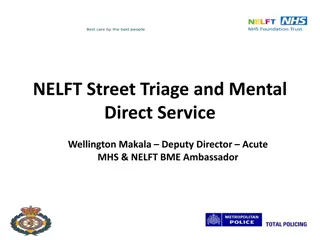StreetNet International: Empowering Street Vendors Worldwide
StreetNet International is a global alliance uniting street vendors, market hawkers, and organizations worldwide. With over 52 affiliated organizations and more than 600,000 members, StreetNet focuses on collective bargaining, negotiation skills development, and representation for street vendors. The organization follows a 9-step approach to collective bargaining and operates at market, city, national, and regional levels. StreetNet leverages international instruments such as ILO Recommendations and the New Urban Agenda to advocate for informal economy workers.
- StreetNet International
- Street Vendors
- Collective Bargaining
- International Alliance
- Informal Economy
Download Presentation

Please find below an Image/Link to download the presentation.
The content on the website is provided AS IS for your information and personal use only. It may not be sold, licensed, or shared on other websites without obtaining consent from the author. Download presentation by click this link. If you encounter any issues during the download, it is possible that the publisher has removed the file from their server.
E N D
Presentation Transcript
WELCOME TO STREETNET INTERNATIONAL
StreetNet International: - an international alliance of street/market hawkers; - unites organizations vendors & hawkers around the world vendors and membership-based of street/market
StreetNet Data as of April 2018 52 Affiliated Organizations More than 600 000 members 5 Regional Focal Points (2 in Africa, 1 in America, 1 in Asia, 1 in Eastern Europe)
Collective bargaining for street/market vendors: Developing bargaining power through bottom-up Organizing; Capacity building for strengthening negotiation skills; Recognition & representation activate negotiations (9 steps approach of collective bargaining)
9 steps of collective bargaining: - Preparing the way for collective negotiations: Step 1: Identify and prioritise negotiating issues. Step 2: Turn the issues into demands. Step 3: Identify the negotiating counterpart(s). Step 4: Identify the negotiating level and forum. Step 5: Approach the negotiating counterpart. - Preparing negotiating strategy and tactics: Step 6: Planning the details & doing the research. - Conducting negotiations: Step 7: Around the table. Step 8: Reaching agreement. Step 9: If there is no agreement?
Levels of negotiations: - Market level; - City/municipality level Indian affiliates SEWA & NASVI got the Street Vendors (Protection of Livelihoods & Street Vendor Regulation) Act passed in India in 2014; - National level; - Regional level (Cross-border traders of Southern East Africa)
International Instruments for informal economy workers StreetNet uses its organising and negotiations approach in the framework of the following international instruments: ILO Recommendation 202; ILO Recommendation 204; New Urban Agenda.








